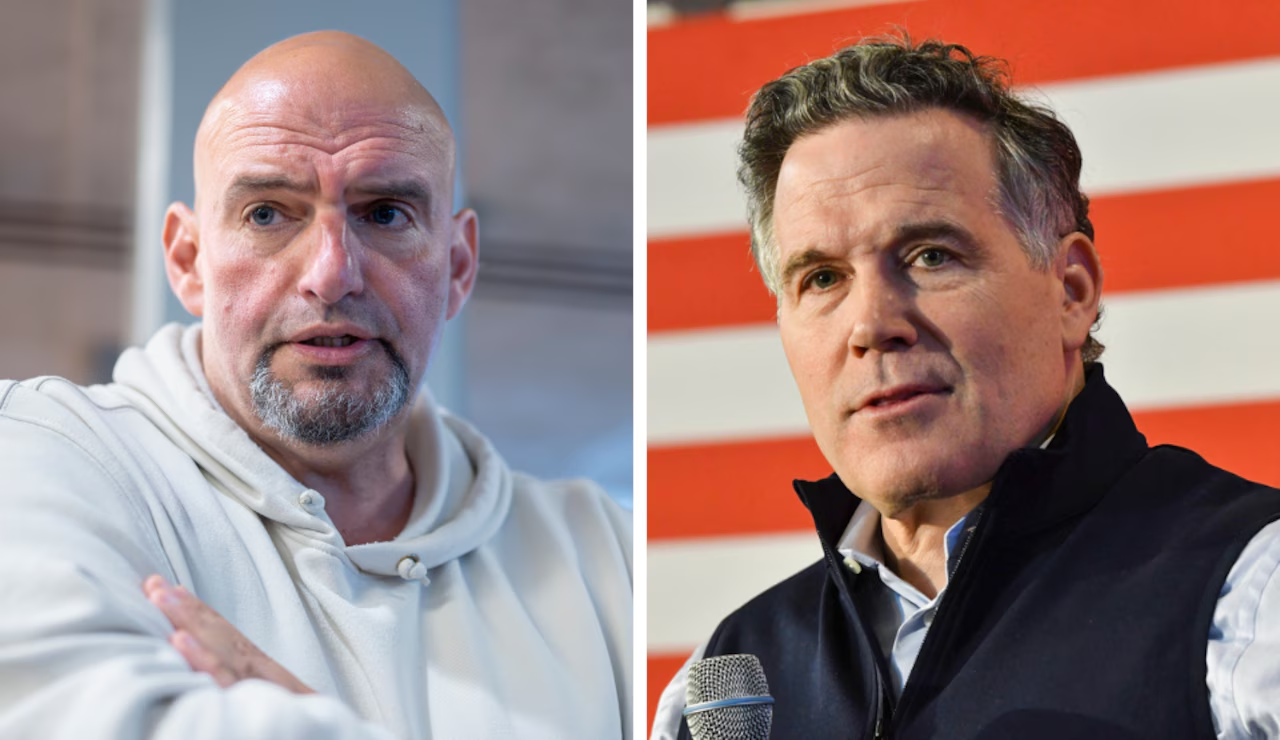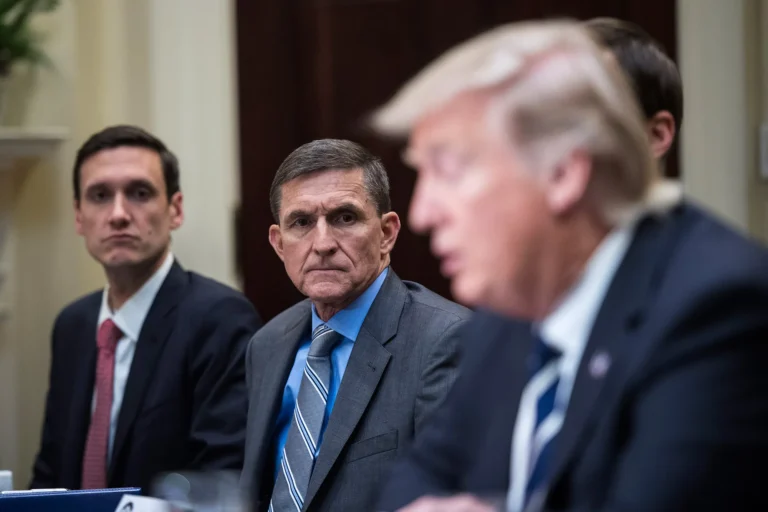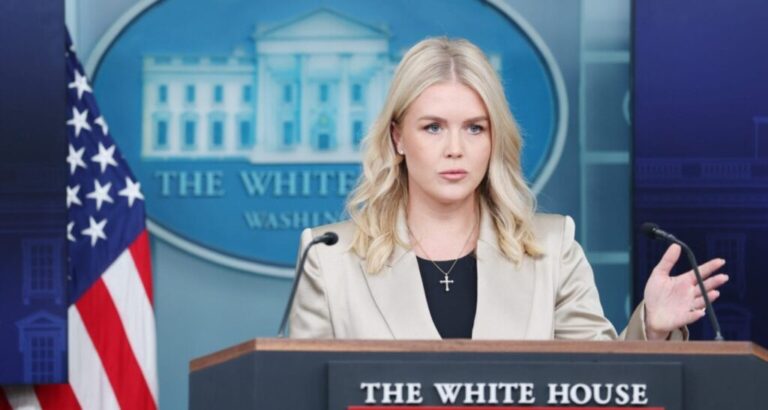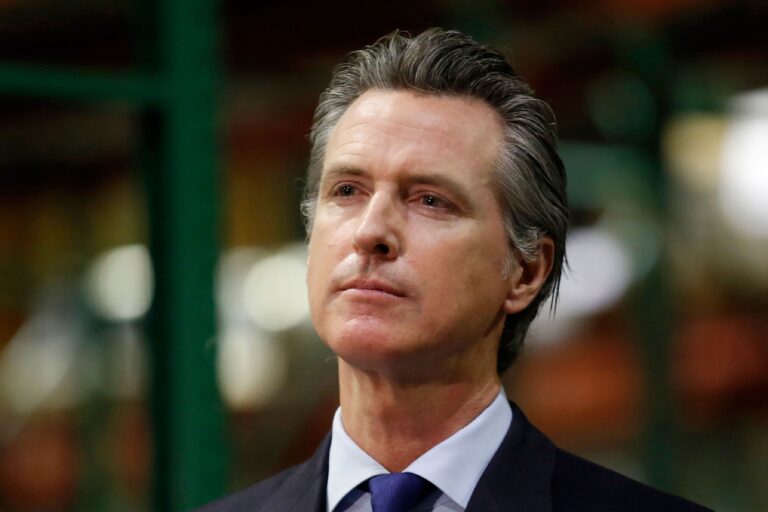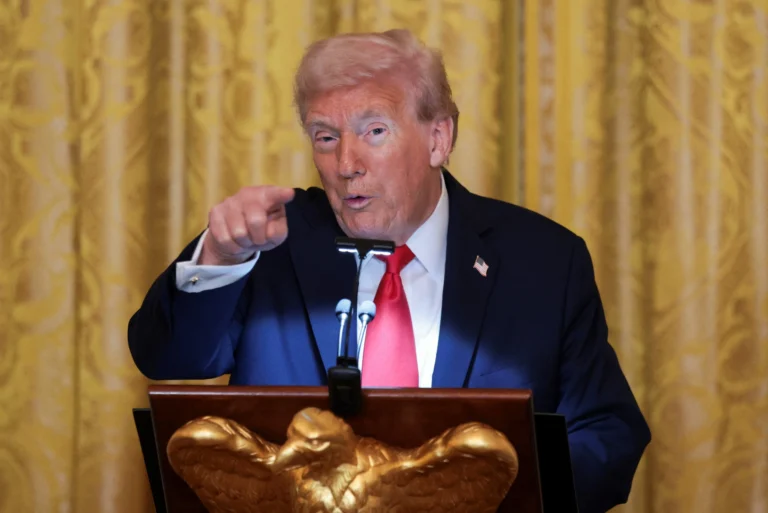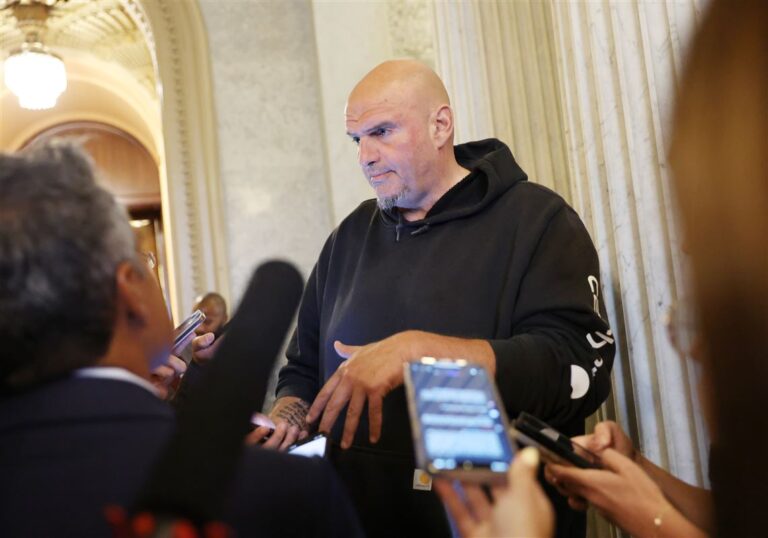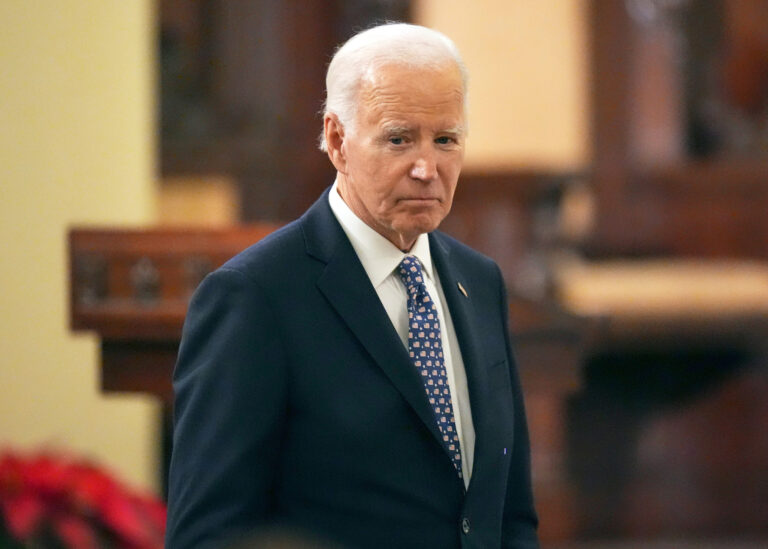Bipartisan Effort From McCormick and Fetterman Sparks Hope for Ending Government Shutdown
Bipartisan Hope: Senators McCormick and Fetterman Unite to End Government Shutdown
In an era where political polarization often feels insurmountable, two unlikely senators have offered a rare glimmer of hope for bipartisanship in Washington.
Pennsylvania Senators Dave McCormick (R) and John Fetterman (D) have crossed party lines to advocate for an end to the ongoing government shutdown — proving that collaboration between opposing parties is still possible, even in a climate of deep division.
A Unified Message
The collaboration was highlighted in a joint video released by both senators, addressing the mounting toll of the government shutdown on working-class Americans and federal employees.
The emotional video underscored their shared commitment to ending the stalemate.
“We’re in different parties, but we both agree that we need to end this shutdown,” Fetterman said. “The people of Pennsylvania, and the people of this country, are being hurt every day it continues. It’s not just about politics; it’s about people’s livelihoods.”
McCormick echoed his colleague’s message, emphasizing the human cost:
“Twenty-three days, twelve votes,” he said. “Senator Fetterman and I have both voted to open up the government. We agree on that 100%. It’s really starting to hurt Pennsylvania. People are beginning to feel it in their daily lives.”
Growing Strain on Americans
As the shutdown enters its third week, the impact on everyday Americans continues to deepen. Federal workers — including air traffic controllers, TSA agents, and border patrol officers — are being forced to work without pay, jeopardizing their financial security and morale.
Meanwhile, funding for critical programs such as the Supplemental Nutrition Assistance Program (SNAP) is dwindling, threatening millions of low-income families who rely on the aid to put food on the table.
By confronting these realities head-on, McCormick and Fetterman have stepped beyond partisan boundaries to put the needs of their constituents first. Their message is simple: the shutdown is hurting people — and it must end.
Bipartisanship in a Divided Capital
The senators’ joint appeal is particularly significant in the current political climate, where cooperation between Democrats and Republicans has become almost nonexistent — especially on contentious issues like a government shutdown.
Historically, shutdowns are marked by finger-pointing, as each party blames the other for failure to pass funding bills. The current impasse — rooted in disputes over border security and healthcare for undocumented immigrants — has become another flashpoint in America’s growing political divide.
Despite these differences, McCormick and Fetterman are showing that common ground can still be found, even when ideological lines are sharply drawn.
The Sticking Point: Immigration and Healthcare
One of the most divisive elements in this shutdown battle is the debate over healthcare for undocumented immigrants.
President Donald Trump has taken a hard stance, insisting that taxpayer money should never fund healthcare for illegal immigrants. Republicans have held firm on this demand.
Democrats, meanwhile, argue that healthcare access is a basic human right, regardless of immigration status.
This ideological split remains a major obstacle to reopening the government. Yet McCormick and Fetterman’s bipartisan message suggests that compromise — even on polarizing issues — is still within reach.
A Shared Mission
Both senators acknowledge that they will never agree on every policy detail. But they are united in one belief: the shutdown must end, and the needs of Americans must come before politics.
In recent days, the pair has worked closely together, including supporting a Senate measure that would have ensured pay for certain federal workers during the shutdown. Although the measure failed, their bipartisan stance did not go unnoticed.
Political analysts across the spectrum have praised their courage to work together, calling it a refreshing example of leadership in an era of gridlock.
Republicans and Democrats alike have commended their efforts to set aside partisan agendas and focus on results — something increasingly rare in Washington.
A Model for Cooperation
For many Americans, McCormick and Fetterman’s approach represents a welcome change — a reminder that even amid deep political rifts, collaboration is possible when elected officials put people over party.
The hope now is that their actions will inspire other lawmakers to follow their lead.
With the government shutdown threatening to extend into a fourth week, the pressure on Congress continues to mount. Each passing day brings more strain on federal workers, small businesses, and local economies.
Both senators have made it clear that the status quo is untenable. The shutdown is costing taxpayers billions and shaking public confidence in government institutions.
It’s not just federal workers who are suffering — the ripple effects are hitting families, communities, and businesses across the nation.
Breaking the Gridlock
The longer the impasse continues, the harder it becomes for lawmakers to restore public trust. The shutdown has exposed not only the dysfunction in Washington but also the urgent need for leaders willing to bridge divides.
McCormick and Fetterman’s bipartisan video is a meaningful step forward, but as both acknowledge, the real work lies ahead.
Their call is straightforward: put aside partisan differences, reopen the government, and get back to serving the American people.
If their efforts succeed, it could mark the beginning of a new era of cooperation — one where bipartisanship is not the exception, but the standard.
Conclusion
The ongoing government shutdown has laid bare the deep divisions in American politics. Yet it has also shown that collaboration is still possible.
While differences remain on key issues, McCormick and Fetterman’s willingness to work together for the common good provides a powerful reminder that governance should be about people — not party loyalty.
Whether their example will be enough to break the deadlock remains to be seen. But one thing is certain: in a time of polarization and political fatigue, their message stands as a rare and necessary call for cooperation, understanding, and leadership.
